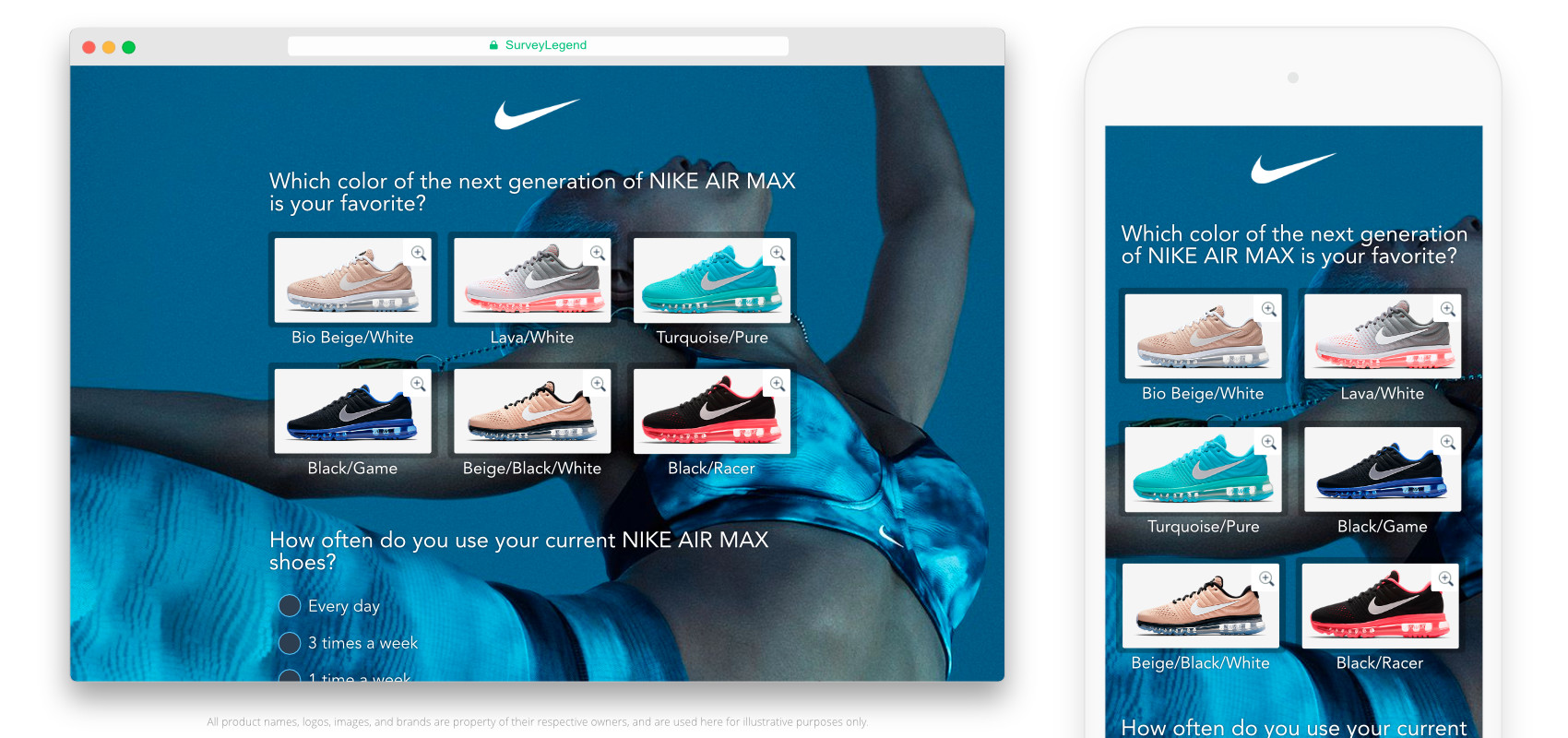Mobile Survey Respondents VS Computer Survey Respondents
When it comes to online surveys, PC users are quite different from mobile respondents for various reasons. Evidently, mobile device ownership has surpassed desktop computers, as the former offer more freedom of usage than the latter, as users are able to take their smartphones and tablets wherever they go. But, apart from its portability features, how different are PC users to mobile owners in terms of answering online surveys?
Create your mobile-ready survey, form or poll now!
Ownership
In a featured post by IBN Live, almost 80% of adults worldwide now own and use smartphones, while 50% have tablets. Although they find PCs as the ‘single most popular tool for online access (88% for computers versus 79% for smartphones)’, the research finds mobile device ownership rates continuing to climb, while time spent on traditional computers has decreased. Thus, an increasing number of respondents are now more connected via mobile than regular PCs. This makes receiving and responding to online surveys via smartphones faster than desktop computers, and targeting more people more efficient on mobile than via PCs.
Convenience
Being portable, mobile devices allow users to access online surveys easily as most smartphones are now pre-built with the fastest mobile data connection facilities on the market. Even budget-friendly devices, such as the iPhone SE, are now built with a faster 4G LTE and Wi-Fi chipsets, as reported by O2 on the handset’s specifications page. Using the device allows the streaming of videos and browsing the web at rates as much as two times faster than other affordable smartphones on the market (up to 19 LTE compatible bands, up to 150 Mbps over 4G LTE, and up to 433 Mbps over Wi-Fi). Many mobile users are now being notified quickly via their registered emails in case an incoming online survey becomes available and accessing it becomes easier and almost in real-time, thanks to mobile data.
Shorter attention span
It’s not the first time that we’ve heard smartphones have received bad press and the media has suggested they are the cause of people having short attention spans. In fact, it has been reported that humans now have shorter attention spans than goldfish (eight seconds and nine seconds, respectively), lower than the average 12 seconds recorded in 2000. Thus, online surveys that are too long, have no engaging content, and provide no incentive can expect their campaigns to be left untouched by mobile users compared to those PC users who are said to have more time to spend than those on-the-go smartphone owners.
Younger respondents
When it comes to the demographic composition of mobile and PC users, there is an obvious unique disparity between the two. Mobile survey respondents were found to be younger (18-34), as this age group was found to be more adaptable to tech changes than the older demographic (55 and above). The latter is keener to use desktop computers as they are not as active and on-the-go as the former. The data presented by Opinionlogy also added that 37.4% of respondents with full-time employment prefer using mobile than the 28.7% that use PC. This information will be highly important when targeting specific age groups for online surveys.
Creating an online survey needs to be mobile-responsive to target a wider scope of users, where smartphone users can view the same content as the ones on desktop computers.





